Category Archives: Learning

Joe Roushar – January 2023 What are You Talking About? Is pure democracy possible in human society? Introducing everyone to a truly democratic society would put them on the same footing – provide a kind of equality and shared opportunity that philosophers have envisioned for millennia. Yet experience has shown us that some delegated decision […]
Posted by
Joe Roushar in
Communication,
Computing,
Decision Automation,
Knowledge,
Learning,
Linguistics,
Neural Networks,
Software Design,
Technology,
Translation , Followed with
Comments Off on Pure Democracy: a New World Disorder
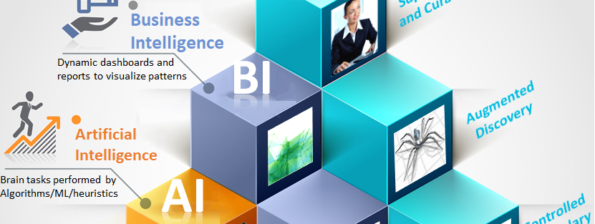
By: Joe Roushar – November 2018 AI: Artificial Intelligence Can you understand the things you observe and use them to make better decisions? Random colored dots that seem chaotic up close, when arranged by an artist in a pointillist painting, can become richly meaningful and appealing. The dots may have great variety in color and […]
Posted by
Joe Roushar in
Business,
Chaos,
Computing,
Decision Automation,
Decision Automation,
Enterprise Applications,
Expert Systems,
Knowledge,
Learning,
Neural Networks,
Neuroscience,
Ontology,
Smart Search,
Software Design , Followed with
3 Comments.
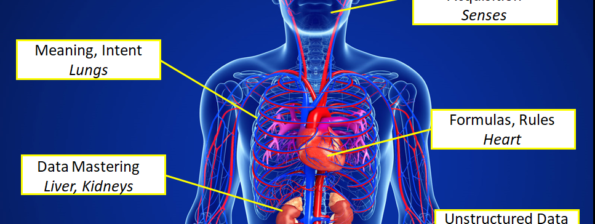
Joe Roushar – July 2018 Not just any body Body is a versatile word as it has broad application. In the context of astronomy, we describe celestial bodies. In topographical mapping, there are bodies of water. But in my interactions, I most often encounter “body” in the context of human physiology. The word, “body” implies […]
Posted by
Joe Roushar in
Big Data,
Business,
Cognitive Science,
Commerce,
Computing,
Enterprise Applications,
Expert Systems,
Knowledge,
Learning,
Linguistics,
Memory,
Neuroscience,
Ontology,
Software Design,
Technology , Followed with
1 Comment.
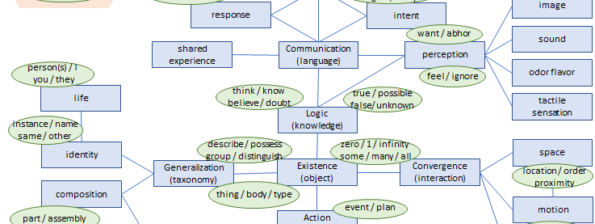
Joe Roushar – May 2018 I relate, therefor I am Interaction between humans is intricate, intimate and beautiful. Good conversations are like dances and can leave one feeling fulfilled and whole. I have long wanted to build a system that can verbally dance with you. Even longer, one to rapidly translate what you say with […]
Posted by
Joe Roushar in
Big Data,
Chaos,
Cognitive Science,
Communication,
Computing,
Enterprise Applications,
Expert Systems,
Knowledge,
Learning,
Linguistics,
Neural Networks,
Neuroscience,
Ontology,
Philosophy,
Social Interaction,
Software Design,
Technology,
Translation , Followed with
Comments Off on What it Means to Be, and Why AI Needs to Know

Joe Roushar – July 2017 Divide and Conquer Swarm computing applications, with large numbers of autonomous agents are beginning to appear and deliver stunning results. The combination of autonomy, simple tasks and parallelism has great power. Today I’ll address parallel computing and models for breaking down computational problems. I will not address the question of autonomy today, […]
Posted by
Joe Roushar in
Cognitive Science,
Computing,
Consciousness,
Knowledge,
Learning,
Memory,
Neural Networks,
Neuroscience,
Ontology,
Perception,
Software Design,
Technology , Followed with
Comments Off on Cognitive Multi-Processing
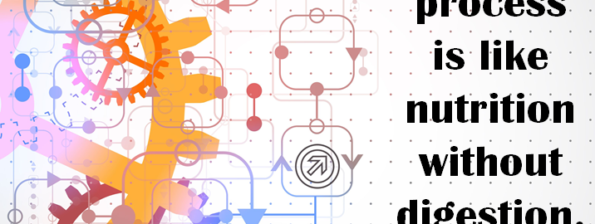
Joe Roushar – December 2016 That should be in a museum I think of museums when I hear about curating. Meaning is, in a strange way, an artifact, simultaneously ancient and modern. Meaning has existed as long as perception has existed in the most rudimentary forms of life. For the purposes of my blog, I […]
Posted by
Joe Roushar in
Big Data,
Business,
Communication,
Computing,
Knowledge,
Learning,
Memory,
Ontology,
Smart Search,
Social Interaction,
Software Design,
Technology , Followed with
Comments Off on Curating Digital Meaning
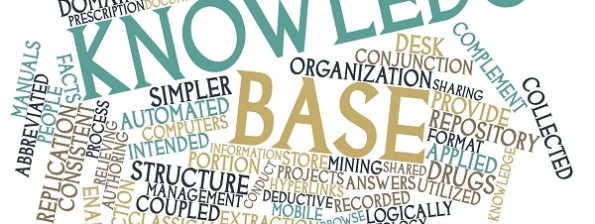
Joe Roushar – June 2016 Is knowledge important to you or your organization? What value does it bring? Are there types of knowledge that are more valuable than others? Do you know where your knowledge is right now, and what it’s doing? Business Knowledge comes in multiple flavors. Business Information systems are used to process data or […]
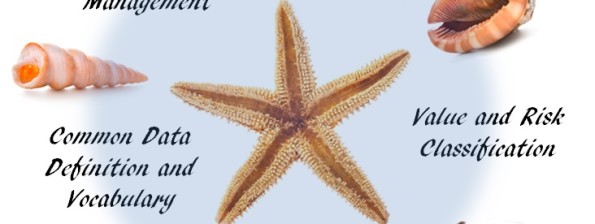
Joe Roushar – October 2015 Quantitative data is easy to make into useful information by establishing correct associations and providing human experts with the right slicing and dicing tools. But in its native format, data is not independently meaningful. Many qualitative content sources are narrative, born as whole information. Such content is advanced beyond data because of the built-in associations, but inevitably […]

In Section 5 we discussed different kinds of knowledge, including existential or hierarchical knowledge and causal knowledge. In Section 7 we discussed modeling approaches and search techniques that could be applied to any kind of knowledge. We saw that causal knowledge can be modeled as chains of causes and effects, and that existential knowledge can be […]
Posted by
Joe Roushar in
Communication,
Computing,
Enterprise Applications,
Expert Systems,
Knowledge,
Learning,
Mobile Apps,
Ontology,
Smart Search,
Software Design,
Technology , Followed with
2 Comments.

One of the beautiful things about the human brain is it’s adaptability: people can “change” their minds at the last minute based on the changing situation (context). This is not trivial, but I believe that it is one of the characteristics of human cognition that is relatively straightforward to mimic in computer programs and apps. In […]
Posted by
Joe Roushar in
Big Data,
Business,
Computing,
Enterprise Applications,
Expert Systems,
Knowledge,
Learning,
Mobile Apps,
Ontology,
Software Design,
Technology , Followed with
Comments Off on Just In Time Knowledge














